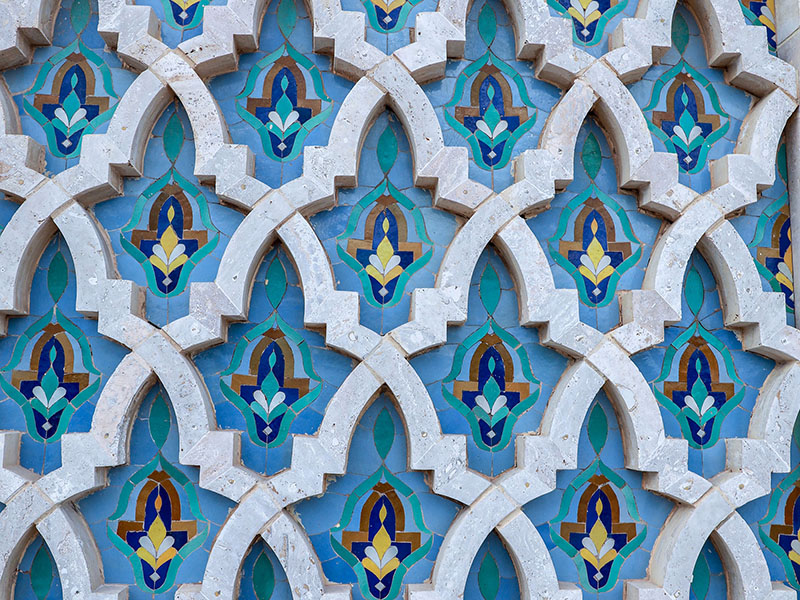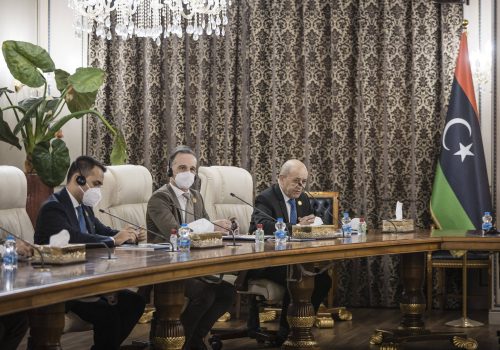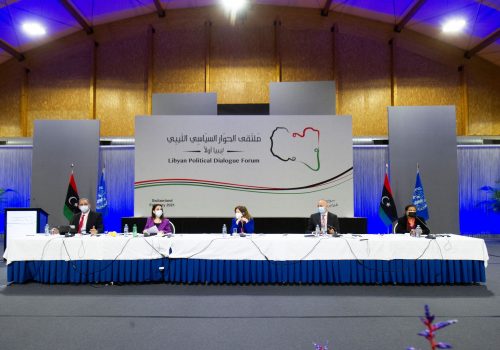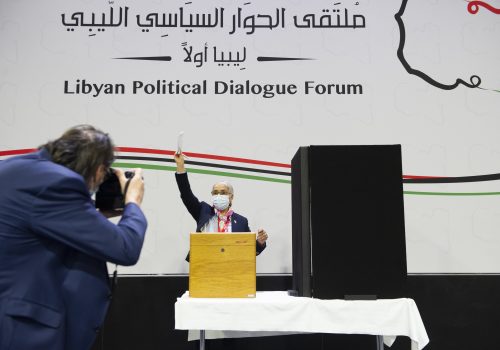April 8, 2021
Beyond the war: The history of French-Libyan relations
On February 23, 2011, French President Nicolas Sarkozy declared to the world his revulsion at the brutalities taking place in Libya: “The international community cannot remain a spectator to all the massive violations of human rights,” he said. Much had changed in the relationship between Sarkozy and Colonel Muammar al-Qaddafi since the latter’s visit to France in 2007. Much has also changed in Libya and the rest of the world since these declarations were uttered and the ensuing intervention by NATO began. Yet France’s role in the Libyan conflict remains pivotal. To understand French interests and interventions in modern day Libya, it is imperative to understand the two countries’ combined history beyond the fall of Qaddafi and the current civil war. The history of the French-Libyan relationship is dynamic and multifaceted: Its roots date back to French colonialism, it became complex during the Sarkozy-Qaddafi era, and it culminates today with President Emmanuel Macron’s involvement in the contemporary Libyan conflict.
In this new report published by the Atlantic Council’s Scowcroft Middle East Security Initiative and the Badr University in Cairo (BUC), BUC nonresident researcher Farah Rasmi gives an overview of the diverse circumstances that led to France’s contemporary role in Libya in order to explain the seemingly drastically different stances that French leaders have taken in the conflict. She also explains why France took such a leading role in NATO’s intervention in Libya from the start, and why it continues to take part in the conflict. Ms. Rasmi also provides insights as to why the international intervention in Libya has been called everything from “Sarkozy’s war” to a moral obligation, an economic venture, and an effort to curb cross-border crime and terrorism.
Farah Rasmi is a nonresident researcher at Badr University in Cairo’s Center for Global Affairs and an editor at Arab Media & Society Journal at the American University in Cairo.
Related content

Middle East Programs
Through our Rafik Hariri Center for the Middle East and Scowcroft Middle East Security Initiative, the Atlantic Council works with allies and partners in Europe and the wider Middle East to protect US interests, build peace and security, and unlock the human potential of the region.
Image: President Sarkozy shakes hands with President al-Qaddafi before their meeting at the Elysee Palace in Paris on December 10, 2007.


